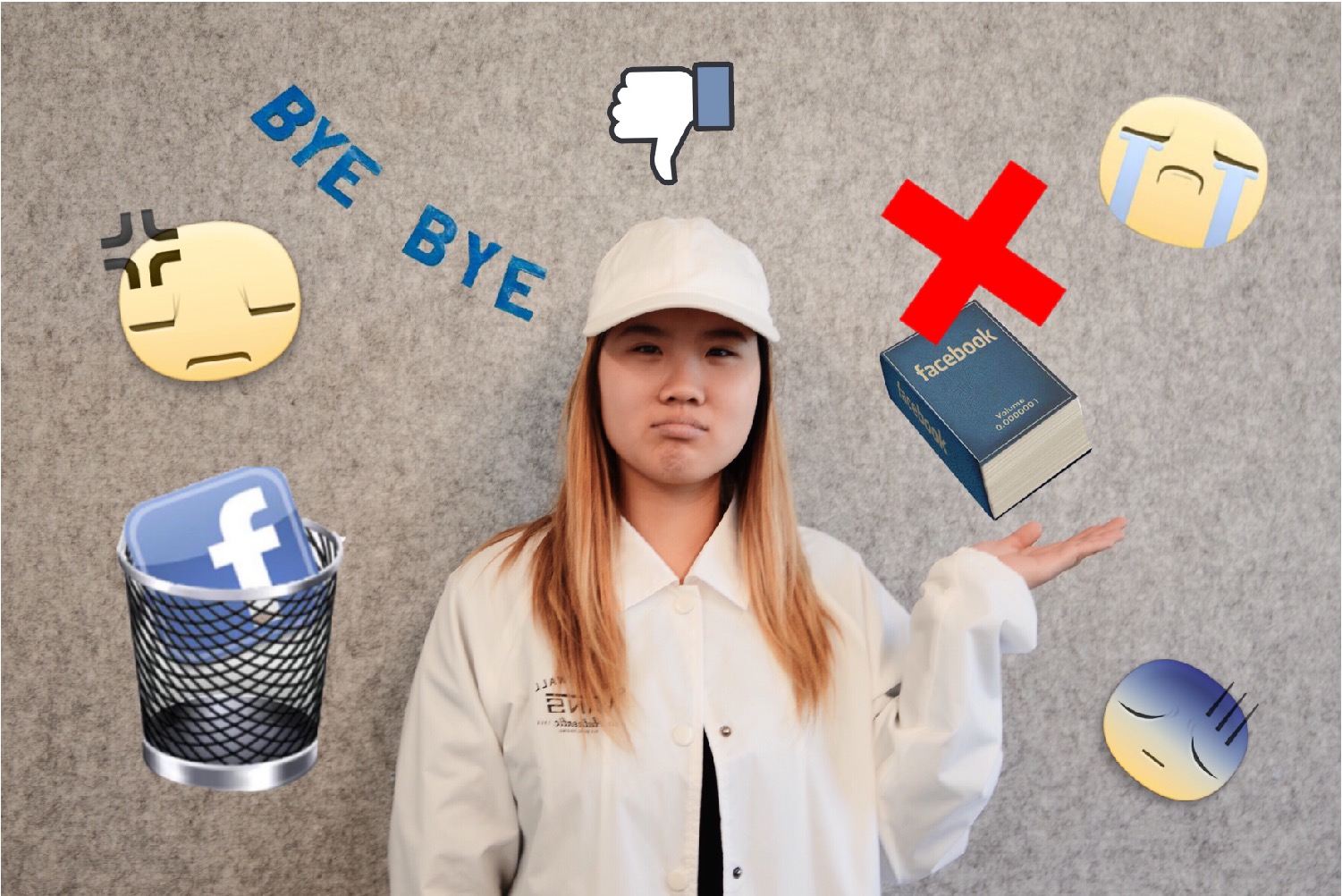Can you live without social media for a week?
We were the generation that grew up with technology at our fingertips. It is the only life we have known – YouTube, Instagram, Facebook, Snapchat and games, you name it. One minute you’re checking your phone, and the next minute you’re looking at random videos on the internet. Minutes turn into hours and hours turn in days. Logging our digital habits, we were shocked to find out we were spending an average of 10-12 hours a day (not including study time) on our digital devices.
Is there a different way?
We decided to find out. The social experiment involved temporarily disconnecting from our favourite social media platforms for a week. Sounds easy, but it was definitely a great challenge. Here’s how it went down:
Student: Coco Chen
Challenge: Going without YouTube for a week
Upfront, I thought I’d fail the experiment, and I was surprised that I managed to pull through without YouTube for a week. Admittedly, I have to say it really helped in improving outcomes for my personal life and studies. When I first began the experiment, I felt at a loss and it was just plain hard. I felt like I was missing out on everything new in the media world and was disconnected with my friends. That said, I couldn’t just let the time pass and idle about, so I found myself doing the house chores, reading and going to bed earlier instead of curling up under the covers watching videos.
I won’t lie, it was torture, but it did make me realise that my time could be utilised more efficiently, and that a lot of the time I spend on YouTube can be regarded as wasting time.
My takeaway? I won’t give up using YouTube entirely, and I will still use it as a source of entertainment, but I will definitely be more aware of how much time I’m spending on it.
Student: Victoria Christiani
Challenge: Going without Instagram for a week
I have been using Instagram for some five years now, and it has become my routine to check it every time I’ve got a spare moment. I also use Instagram to keep in touch with my friends, and it’s definitely my go-to when I am on the train.
Going without Instagram for a week was a real challenge. I could not reply to my friends and that made me feel very disconnected. I also almost always found myself clicking on the app my sheer force of habit.
At first, I tried to distract myself by doing other activities such as reading and watching movies. Then, I found myself becoming more engaged with the people around me. I also finished my assignments a lot faster since I wasn’t looking at my phone and scrolling through Instagram feeds so much.
Overall, disconnecting myself from Instagram is an experience I probably won’t want to repeat ever again. The experience however did give me more time to do something else, and I realise now that I probably shouldn’t be checking Instagram all the time like I used to.
Student: Cliffany Young
Challenge: Going without Facebook for a week
Facebook has accompanied me from the day it was launched. Since then I have become extremely attached to it, consequently becoming a habit and my way of life. It’s the main application that connects me with family and friends, both near and far and I can hardly remember a day without visiting the app.
This experiment was, as you can imagine, a challenge for me, but though it gave me great pains to part ways with it, I discovered numerous possible activities I could do to replace it.
I realised I could finish most of my assignments in a shorter period of time, do my chores without distractions and engage with family and friends through other forms of communication. Instead of connecting over Facebook, I got together with friends to play games such as board games, I finished learning a song on the piano that I had left untouched for months, I also clocked in more sleep.
All of this helped me imagine a different way of life which doesn’t involve gadgets and devices.
Overall outcomes from this social experiment
The positives
- Getting more homework done
- More engaged and attentive to the people around us (friends or family)
- More social and interactive
- More sleep!
- More connected to the real world/reality
The negatives
- Felt disconnected from friends and family online – not knowing updates as fast
- The “social addiction” made it hard to cope/ adapt to change and one keeps wondering and thinking about it
- Loss of an established channel of communication
Tips for how you can manage your digital consumption / social media use
- Read physical books instead of content online
- Turn off notifications to avoid distraction
- Turn off cellular data (i.e. switch to Aeroplane Mode) when you need to focus on getting work done
This story was produced by Media and Communication students at Trinity College Foundation Studies as part of Meld’s community newsroom collaboration. Education institutions, student clubs/societies and community groups interested in being involved can get in touch with us via meld@meldmagazine.com.au.




